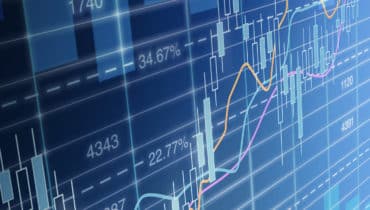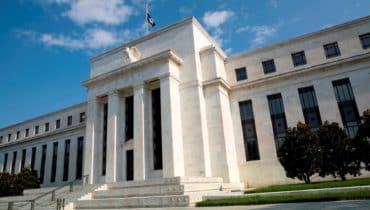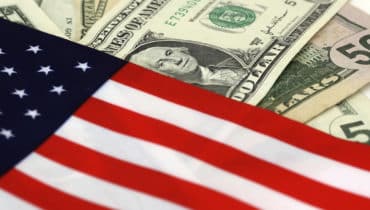Gerold Permoser
Gerold Permoser has been Chief Investment Officer at Erste Asset Management since early April 2013.
He is responsible for all asset management activities and investment strategies for all investment funds held by the Erste Asset Management Group in Austria, Germany, Croatia, Romania, Slovakia, the Czech Republic, and Hungary. Before joining the company, he served this function at Macquarie Investment Management Austria KAG. Permoser has gathered experience in investments since 1997.
He began his career as a fixed-income analyst at the Creditanstalt in Vienna. He moved to asset management at Innovest KAG in 2000. He made significant contributions in the investment field there and advanced to CIO (director of asset allocation and research). Gerold Permoser studied at the University of Innsbruck and is a CFA charter holder. He offers training at the University of Vienna and at various post-graduate institutions for analysts and portfolio managers (i.e., at VÖIG, the Association of Austrian Investment Fund Companies).





